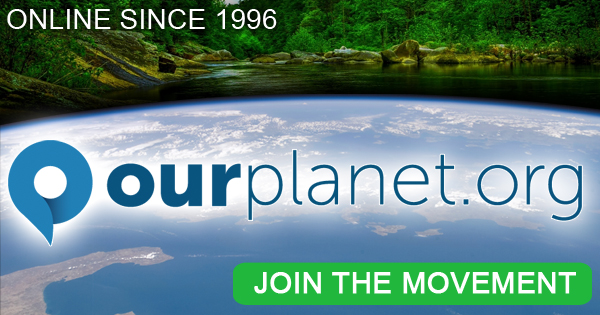
Well, that is what the New Zealand Government and ten other countries around the Pacific Rim are negotiating right now under the TPPA, the secret Trans Pacific Partnership Agreement, and President Obama wants it signed by October of this year. Of course the country that has the most to gain will be the US and their corporations!
And do you really think the US needs our dairy products the sale of which is the supposed benefit for NZ by joining the TPPA?
From what has been gleaned so far, if the negotiations are completed it will make it much harder for governments to pass new laws, to look after the environment, promote health, protect workers (from longer hours, less pay and possibly shorter holidays) and consumers, less stringent quality control, and very importantly not promote the public interest as it defers to lobbyists and private privileged interests.
Labeling of GE foods, for example, would be banned in the interest of the harmonization of laws between countries. The same for labeling country of origin of food. Present tobacco and cigarette rulings could be overridden and the same for alcohol.
We may have to compromise PHARMAC if restrictions are placed on generic medicines, thus making medicine more expensive.
Copyright laws will be toughened and more harshly enforced, restricting internet freedom and access to information.
Foreign banks, insurance companies and money traders will gain more powers to challenge laws designed to prevent another financial crisis.
If and when this secret Agreement is signed, it will not be debated in Parliament here in New Zealand, but will only need to be OK'd by the Cabinet thus short circuiting democracy in this country.
The list goes on.
The TPPA could also be looked as a way of containing China in the Pacific”, Dr Kelsey says.
Professor of Law, Dr Jane Kelsey has been at the forefront of the opposition to the TPPA and she speaks candidly about the information that has been obtained through leaked documents, and the possible scenarios if it is signed.
Jane Kelsey has an MPhil from the University of Cambridge and a PhD from the University of Auckland. She has worked at the University of Auckland since 1979 and was appointed to a personal Chair in Law in 1997.
She a key member of the Action Resource Education Network of Aotearoa (Arena), and is actively involved in researching and speaking out against the World Trade Organisation, the International Monetary Fund, free trade and corporate-led globalisation.
She is also actively involved in campaigning for the New Zealand Government's full recognition of the Treaty of Waitangi and opposed the controversial seabed and foreshore legislation.
She has been an activist academic and public intellectual for more than 30 years.
